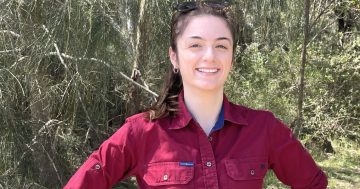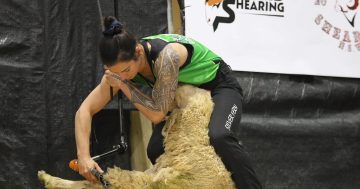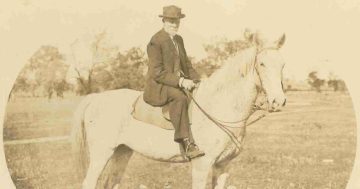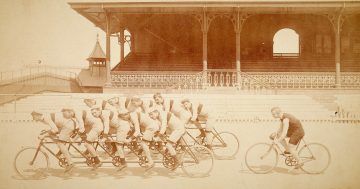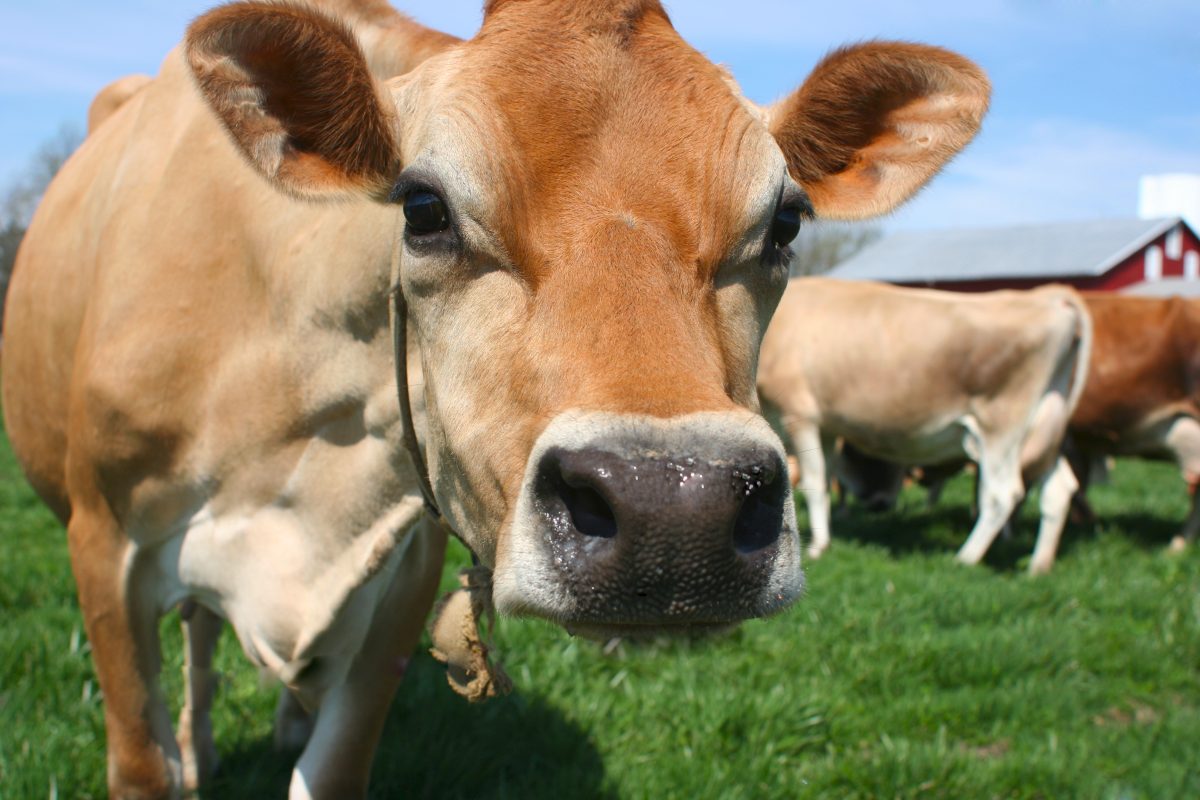
Jersey cows remain one of the best milking cows in the world. Photo: jcyoung2.
Today, if you type ‘Wagga’ and ‘Gladys’ into Google you’ll get all sorts of sordid tales about a local politician and the affair that deposed a NSW Premier, but back in the day, “Wagga Gladys” was a world-famous jersey cow.
On 15 October 1927, the much celebrated seven-year bovine from the Hawkesbury Agricultural College herd smashed the world record for both milk and butterfat production.
According to Queensland publication The Week, Wagga Gladys’s average daily output had smashed the previous record for a jersey cow held by Darling’s Jolly Lassie from the US.
Over 365 days, Wagga Gladys delivered 9162 litres of milk and more than 506 litres of butterfat which was the equivalent of more than 609 litres of butter.
Unlike the other great milkers of the world, the feat had been achieved through twice daily milking while the previous record holders had been milked 3 or 4 times a day.
Her final milking for the year yielded 24 litres of milk and 1.6 litres of butterfat in just 24 hours.
Wagga Gladys’s diet was frequently reported on in the agricultural press as other dairy farmers sought to improve their own outputs.
Seven years later, Wagga Gladys regained the world record, upping her output to 10,061 litres of milk over the year and 554 litres of butterfat.
Jerseys are still considered the world’s best milk cows and these days regularly exceed Wagga Gladys’s record to average around 28 litres of milk per day.
While the exploits of Wagga Gladys were widely reported in the 1920s and 30s, it seems that she came to an ignominious end.
In 1936, the Wingham Chronicle went searching for the much-celebrated bovine only to discover that her “tallies had dropped” and she was thought to be “a nuisance” by the operators of the ag college.
Rather than being put out to pasture for her final years, the “old-time champion was sold to the local butcher for £4”.
The article concludes with a poem.
“In Jerseys, Wagga Gladys had no peers.
Her records stand unchallenged thro’ the years.
She earned, for twilight days, this thoroughbred,
Sweet pastures green, but got the knife instead.”







